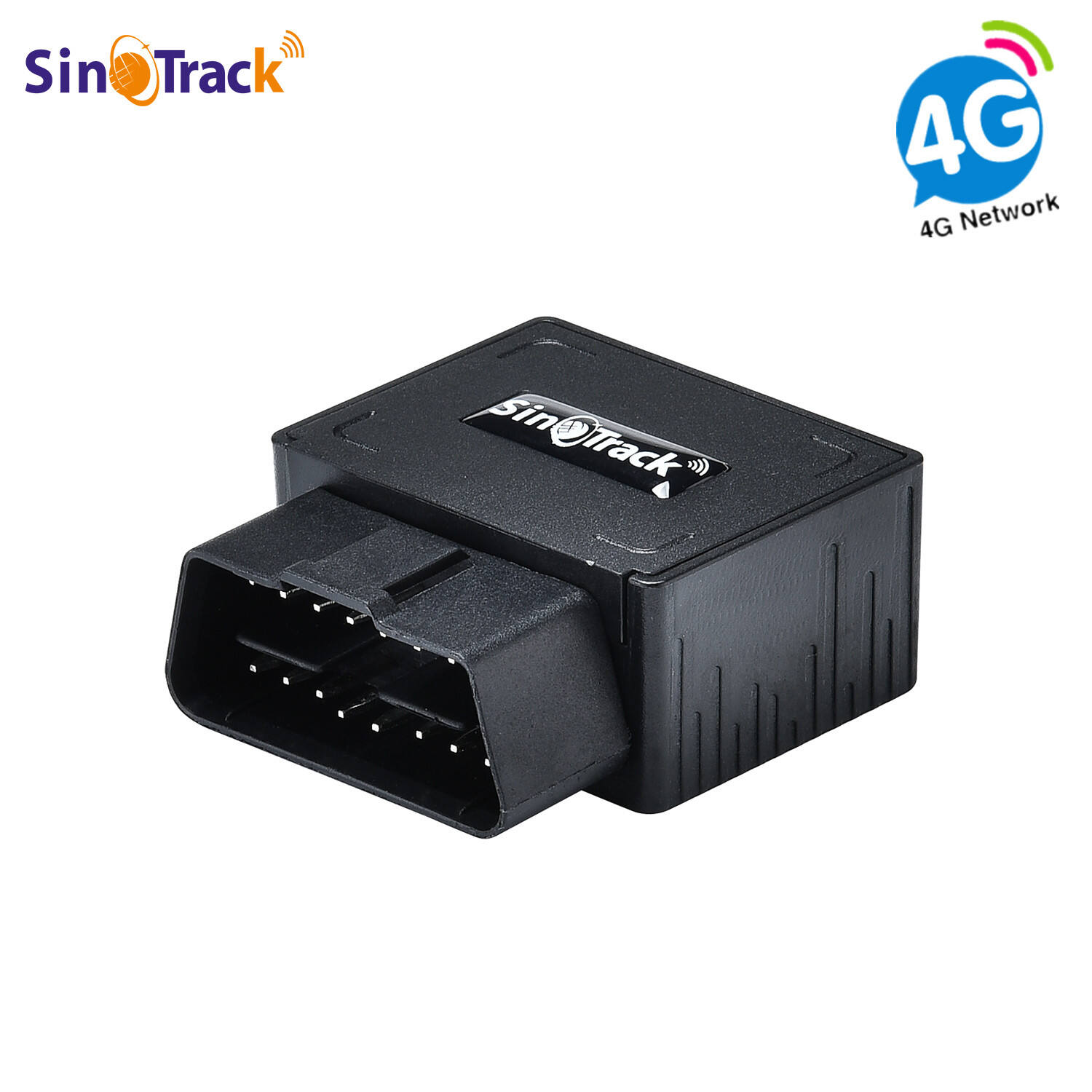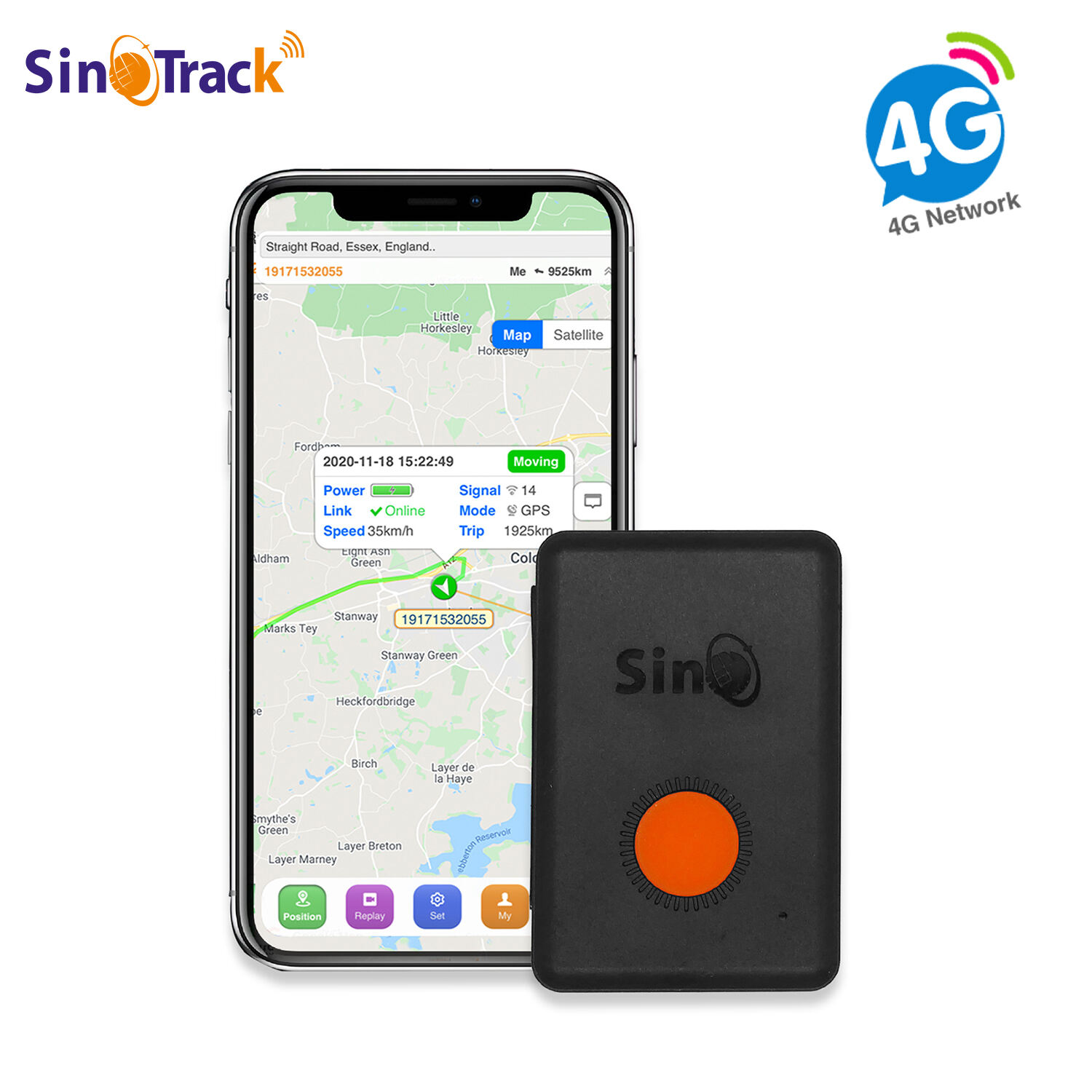How 4G GPS Trackers Are Revolutionizing Fleet Management
Fleet management—once a job of paper logs, phone calls, and guesswork—has been transformed by technology. Among the biggest game-changers are 4G GPS trackers. These devices, powered by fast 4G networks, offer real-time data, better reliability, and smart features that make managing trucks, vans, and delivery vehicles easier and more efficient than ever. From reducing fuel costs to improving driver safety, 4G GPS trackers are reshaping how fleet managers do their jobs. Let’s explore how they’re revolutionizing fleet management.
1. Real-Time Visibility: Know Where Every Vehicle Is, Always
Older GPS trackers (using 2G or 3G) updated locations every few minutes, leaving gaps in visibility. 4G GPS trackers change this with instant, continuous updates:
- Live location tracking: 4G networks send data in seconds, so managers can see exactly where each vehicle is at any moment—down to the street or parking spot. This is critical for dispatchers assigning last-minute jobs or rerouting drivers around traffic.
- Geofencing alerts: Set virtual boundaries (like a customer’s address or a warehouse). 4G GPS trackers send instant alerts when a vehicle enters or leaves the area, so managers know when drivers arrive on time or take unauthorized detours.
- Route playback: After a trip, review a vehicle’s exact path. This helps solve issues like “Why did the delivery take 2 hours?” by showing stops, delays, or wrong turns.
For example, a pizza chain using 4G GPS trackers can check if a driver is stuck in traffic and send a second driver to cover their deliveries—something impossible with slow, outdated trackers.
2. Reducing Fuel Costs with Smart Insights
Fuel is one of the biggest expenses for fleets, and 4G GPS trackers cut waste with detailed data:
- Idling alerts: 4G GPS trackers log every minute a vehicle idles (engine on, not moving). Managers get alerts when idling exceeds 5 minutes, helping reduce unnecessary fuel use. A delivery company might find drivers idle 30 minutes daily—cutting this by half saves 150+ gallons of fuel monthly.
- Speed monitoring: Speeding uses 10–20% more fuel. 4G GPS trackers flag when drivers exceed limits, and reports show how much fuel speeding wastes. Many fleets see a 15% drop in fuel costs after addressing this.
- Route optimization: 4G GPS trackers use real-time traffic data to suggest faster routes. This avoids jams, shortens trips, and reduces fuel consumption. A trucking company might cut 10 miles per trip, saving 500+ gallons monthly across 50 vehicles.
3. Improving Driver Safety and Behavior
Safe drivers reduce accidents, lower insurance costs, and protect a company’s reputation. 4G GPS trackers make it easy to encourage better habits:
- Harsh driving alerts: The trackers detect hard braking, rapid acceleration, or sharp turns. Managers get instant alerts and can review video clips (from optional dash cams) to coach drivers. Over time, this cuts accident rates by 30–50%.
- Driver scoring: 4G GPS trackers assign scores based on safe behavior (fewer harsh events, no speeding). Companies reward top drivers with bonuses, motivating everyone to improve.
- Fatigue monitoring: For long-haul fleets, trackers log driving hours and send alerts when drivers near legal limits (e.g., 11 hours of driving in a day). This prevents tired driving, a leading cause of truck accidents.
A construction fleet using 4G GPS trackers, for example, saw accidents drop by 40% in six months after using driver scores to train their team.

4. Streamlining Maintenance and Reducing Downtime
Unexpected breakdowns cost fleets time and money. 4G GPS trackers turn guesswork into proactive care:
- Automated service reminders: Trackers log mileage and engine hours, sending alerts when oil changes, tire rotations, or inspections are due. This prevents missed maintenance that leads to breakdowns.
- Diagnostic data: Many 4G GPS trackers connect to a vehicle’s OBD-II port, detecting issues like low battery or engine errors early. A manager might get an alert: “Truck #5 has a coolant leak—repair before it overheats.”
- Downtime tracking: Reports show how often vehicles are out of service for repairs. This helps fleet managers spot problem vehicles (e.g., “Truck #3 breaks down monthly—time to replace it”).
A logistics company using these features reduced breakdowns by 25%, keeping more vehicles on the road and deliveries on schedule.
5. Simplifying Compliance and Paperwork
Fleets face strict rules (like logging driving hours or fuel taxes), and 4G GPS trackers make compliance easy:
- Electronic logs (ELD): For trucking fleets, 4G GPS trackers act as ELDs (Electronic Logging Devices), automatically recording driving hours. This replaces paper logs, avoids fines, and saves drivers 1–2 hours daily on paperwork.
- Fuel tax reports: Trackers log miles driven in each state, calculating fuel taxes automatically. This cuts 10+ hours of manual work monthly for fleet admins.
- Audit readiness: All data (routes, hours, maintenance) is stored securely in the cloud. If audited, managers can pull reports in minutes instead of searching through files.
6. Enhancing Customer Service
Happy customers are key to business success, and 4G GPS trackers help fleets deliver better service:
- Accurate ETAs: Customers get real-time updates on delivery times (e.g., “Your package will arrive in 30 minutes”). This reduces “Where is my order?” calls by 60%.
- Proof of delivery: Drivers use the tracker’s app to take photos of delivered items or get customer signatures. This solves disputes like “I never received it” with clear evidence.
- Flexible scheduling: If a customer needs a delivery earlier, managers use 4G GPS trackers to find the nearest available driver and adjust their route—something impossible with outdated systems.
7. Scaling for Growth
As fleets grow, 4G GPS trackers adapt easily:
- Unlimited vehicles: The trackers work for 5 vehicles or 500, with dashboards that scale to show all data at once.
- Cloud-based access: Managers check fleet status from anywhere—office, home, or a phone. This is critical for multi-location businesses.
- Integrations: 4G GPS trackers connect to other tools (invoicing software, customer apps) to streamline workflows. For example, delivery data auto-fills invoices, saving admin time.
FAQ
Do 4G GPS trackers work in remote areas?
Yes. 4G networks cover 95%+ of populated areas, and many trackers switch to 3G or satellite backup in remote spots. They rarely lose signal entirely.
How much do 4G GPS trackers cost for a fleet?
Prices start at $20–$40 per vehicle monthly, plus a one-time device fee ($50–$200). Larger fleets get discounts, often saving 20–30%.
Can drivers tamper with 4G GPS trackers?
It’s hard. Trackers are often hardwired or hidden, and they send alerts if disconnected. Some have anti-tamper features like motion sensors.
Do 4G GPS trackers drain vehicle batteries?
No. They use minimal power (like a phone charger) and won’t affect the battery, even when the vehicle is off.
How long does it take to install 4G GPS trackers in a fleet?
Basic plug-in models take 5 minutes per vehicle. Hardwired trackers (for older vehicles) take 1–2 hours each, done by professionals.
Can 4G GPS trackers reduce insurance costs?
Yes. Many insurers offer 5–15% discounts for fleets with trackers, as they reduce accidents and theft.
What happens if the 4G network goes down?
Trackers store data locally and sync once service returns. You won’t lose information, and most have backup 3G connectivity.
Table of Contents
- How 4G GPS Trackers Are Revolutionizing Fleet Management
- 1. Real-Time Visibility: Know Where Every Vehicle Is, Always
- 2. Reducing Fuel Costs with Smart Insights
- 3. Improving Driver Safety and Behavior
- 4. Streamlining Maintenance and Reducing Downtime
- 5. Simplifying Compliance and Paperwork
- 6. Enhancing Customer Service
- 7. Scaling for Growth
-
FAQ
- Do 4G GPS trackers work in remote areas?
- How much do 4G GPS trackers cost for a fleet?
- Can drivers tamper with 4G GPS trackers?
- Do 4G GPS trackers drain vehicle batteries?
- How long does it take to install 4G GPS trackers in a fleet?
- Can 4G GPS trackers reduce insurance costs?
- What happens if the 4G network goes down?

